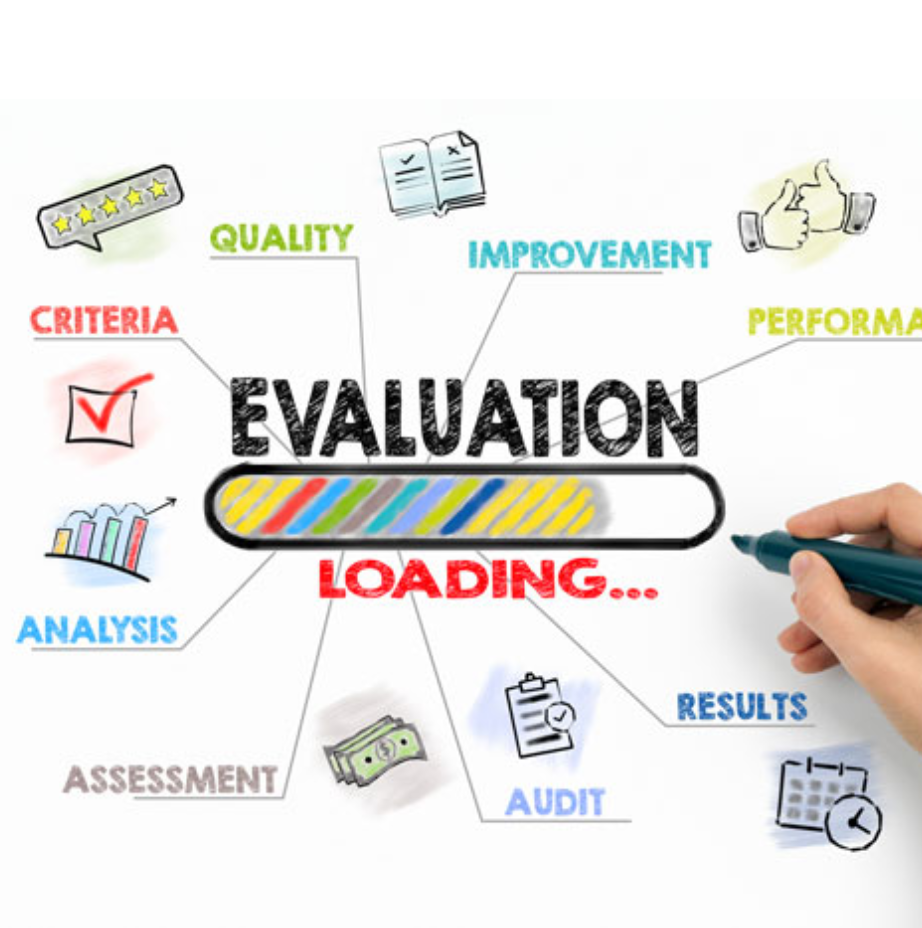Introduction
Uganda, like many other countries, faces significant challenges due to climate change. As the impacts of climate change continue to manifest, effective climate policy advocacy has become increasingly vital. This advocacy drives the development and implementation of policies aimed at mitigating the adverse effects of climate change and promoting sustainable development. Within this framework, Monitoring and Evaluation (M&E) stands out as a crucial element, ensuring that climate policies not only come into effect but also achieve their intended results. This article explores the technical aspects and essential role of M&E in climate policy advocacy in Uganda, particularly in the context of the National Climate Change Policy (NCCP).
Assessing Policy Effectiveness
One of the fundamental roles of M&E in climate policy advocacy is the assessment of policy effectiveness. The NCCP outlines Uganda’s commitment to addressing climate change through various strategic actions, including the reduction of greenhouse gas emissions, promotion of renewable energy, and enhancement of resilience to climate-related disasters. M&E frameworks are indispensable in tracking these actions, involving systematic data collection and analysis of key performance indicators (KPIs) such as emissions reductions, increased renewable energy adoption, and improvements in disaster resilience. By rigorously evaluating these metrics, policymakers gain insights into the success of their strategies and can identify areas that require adjustments, ensuring continuous improvement in climate policy implementation.
Enhancing Accountability and Transparency
Transparency and accountability are cornerstones of effective climate policy advocacy, and M&E plays a pivotal role in reinforcing these principles. The NCCP emphasizes the need for a transparent and inclusive approach to climate action, which is facilitated by robust M&E processes. These processes provide a structured method for documenting and reporting the progress of climate initiatives, ensuring that stakeholders, including government entities, civil society organizations, and international donors, have access to reliable information about the outcomes of climate policies. This transparency fosters trust among stakeholders, encouraging broader participation and collaboration in climate action. By maintaining accountability through M&E, Uganda can build a more credible and effective climate policy framework.
Informing Decision-Making with Evidence
Data-driven decision-making is a fundamental aspect of effective climate policy, and M&E provides the critical data needed for this process. The NCCP’s implementation relies on accurate and timely information to guide strategic decisions. M&E processes generate comprehensive data sets that policymakers can use to make informed choices. For example, if an M&E report reveals that certain renewable energy projects are not meeting their expected targets, resources can be reallocated to more effective initiatives. This ensures that limited resources are used optimally, maximizing the impact of climate policies. Evidence-based decision-making, supported by robust M&E, enhances the effectiveness of climate policy advocacy and ensures that interventions are both efficient and effective.
Adaptive Management for Dynamic Challenges
Climate change is a dynamic and evolving issue that requires adaptive management strategies. The NCCP recognizes the need for flexibility in responding to the unpredictable nature of climate change. M&E allows for continuous assessment and real-time feedback, enabling policymakers to adapt their strategies in response to new challenges and opportunities. For instance, if a particular region in Uganda experiences unexpected climatic shifts, M&E data can inform the adjustment of policies to better address these changes. This adaptive management approach ensures that climate policies remain relevant and effective in the face of evolving environmental conditions, enhancing Uganda’s resilience to climate change.
Strengthening Advocacy Efforts
M&E findings are powerful tools for climate policy advocacy, providing concrete evidence of the impacts and benefits of climate policies. The NCCP’s success depends on continued support and commitment from various stakeholders, including local communities, international organizations, and funding agencies. By leveraging M&E data, advocates can build stronger cases for sustained or increased climate action. Evidence-based advocacy, underpinned by robust M&E, is particularly effective in mobilizing support and driving policy change. It helps to demonstrate the tangible benefits of climate initiatives, making it easier to secure the necessary resources and political backing for ongoing and future climate actions.
Building Institutional Capacity
Implementing effective M&E systems requires building capacity within institutions. The NCCP highlights the importance of strengthening institutional capacity to support climate action. This includes training personnel on data collection, analysis, and reporting techniques. In Uganda, enhancing institutional capacity for M&E is crucial for the overall effectiveness of climate policy advocacy efforts. It ensures that local expertise is utilized to monitor and evaluate climate initiatives, leading to more sustainable and context-specific solutions. By building institutional capacity, Uganda can develop a robust M&E framework that supports continuous learning and improvement in climate policy implementation.
Fostering Collaboration and Integration
M&E promotes collaboration and integration across different sectors and stakeholders, which is essential for effective climate policy advocacy. The NCCP emphasizes the need for a coordinated and inclusive approach to climate action. By providing a common framework for monitoring progress, M&E facilitates coordination between government agencies, non-governmental organizations (NGOs), and the private sector. This integrated approach is crucial for addressing the multifaceted nature of climate change and achieving comprehensive climate resilience. Collaborative M&E efforts ensure that diverse perspectives and expertise are brought together, enhancing the overall effectiveness of climate policies and interventions.
Conclusion
In Uganda, the role of Monitoring and Evaluation in climate policy advocacy, as supported by the National Climate Change Policy (NCCP), cannot be overstated. M&E provides the necessary tools and frameworks to assess policy effectiveness, enhance transparency, inform decision-making, and adapt to dynamic challenges. By strengthening institutional capacity and fostering collaboration, M&E ensures that climate policies are not only well-implemented but also achieve their intended outcomes. As Uganda continues to navigate the complexities of climate change, robust M&E practices will be indispensable in driving meaningful progress toward a sustainable and resilient future.
Author: Juliana Nakubulwa
Monitoring and Evaluation Specialist

